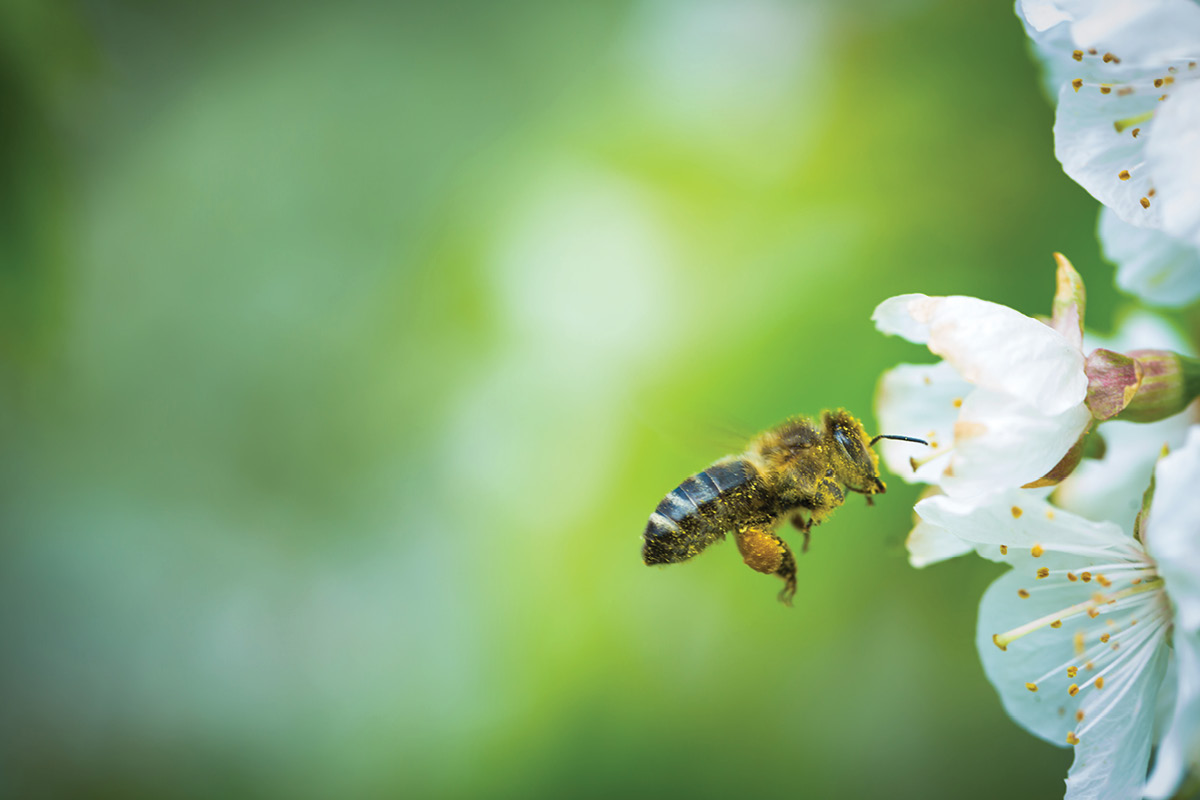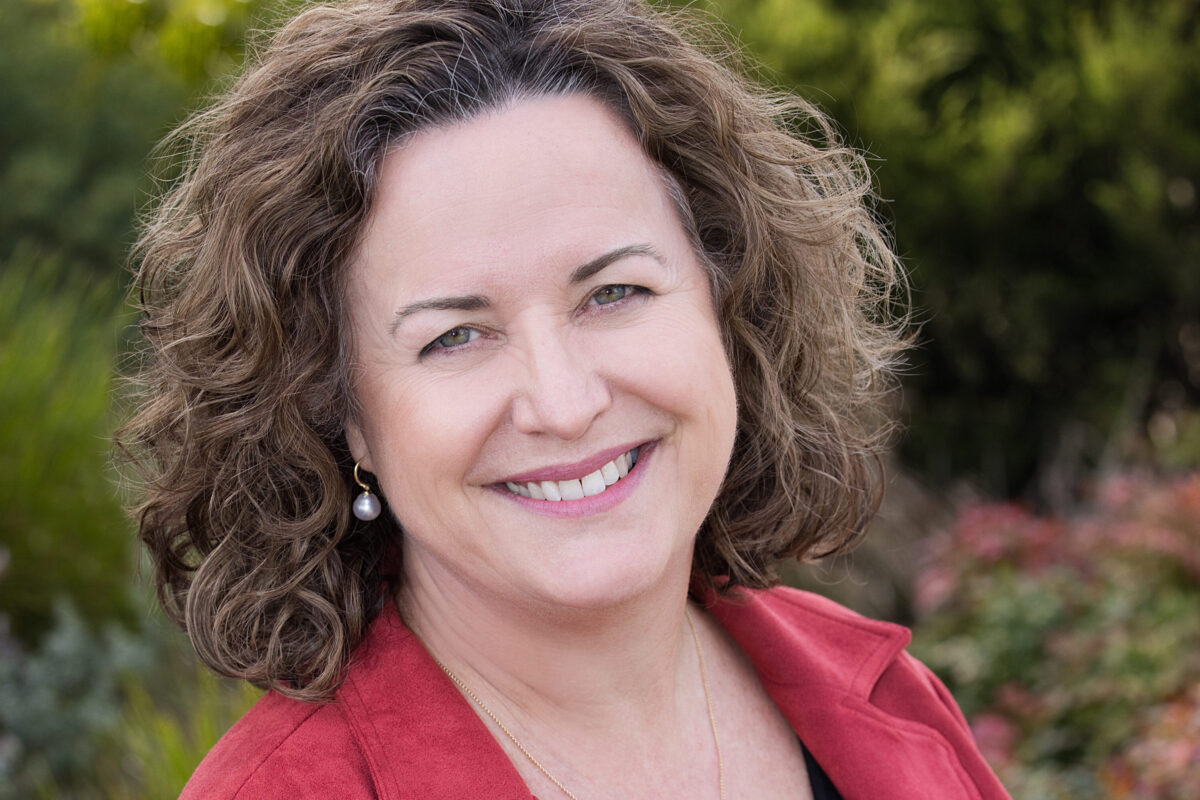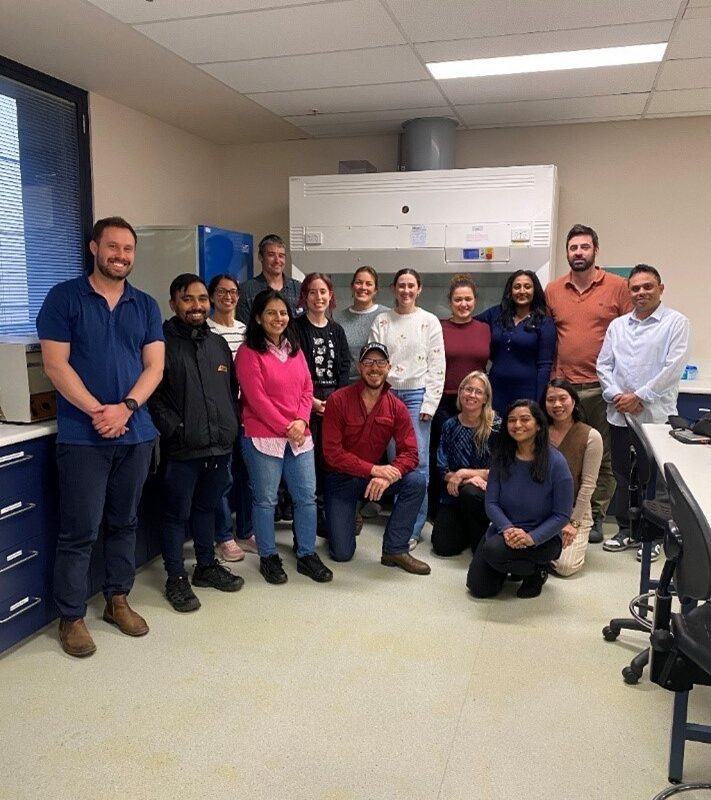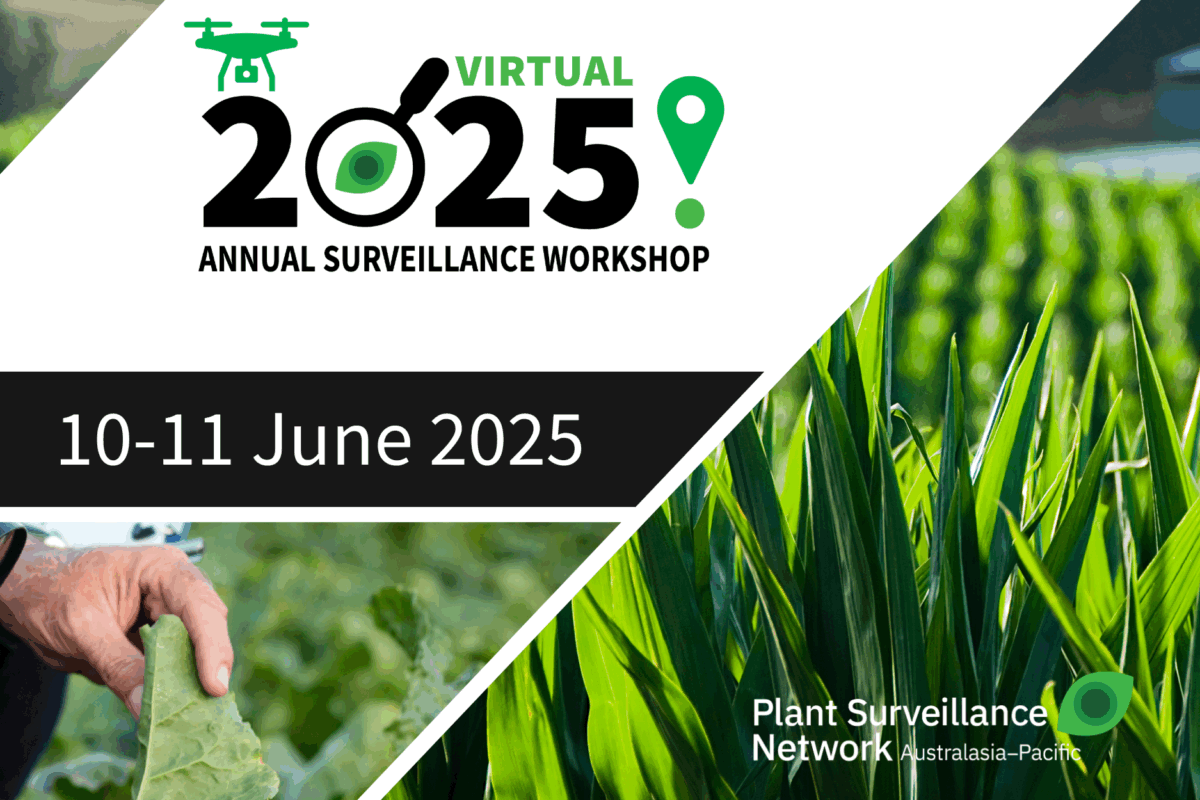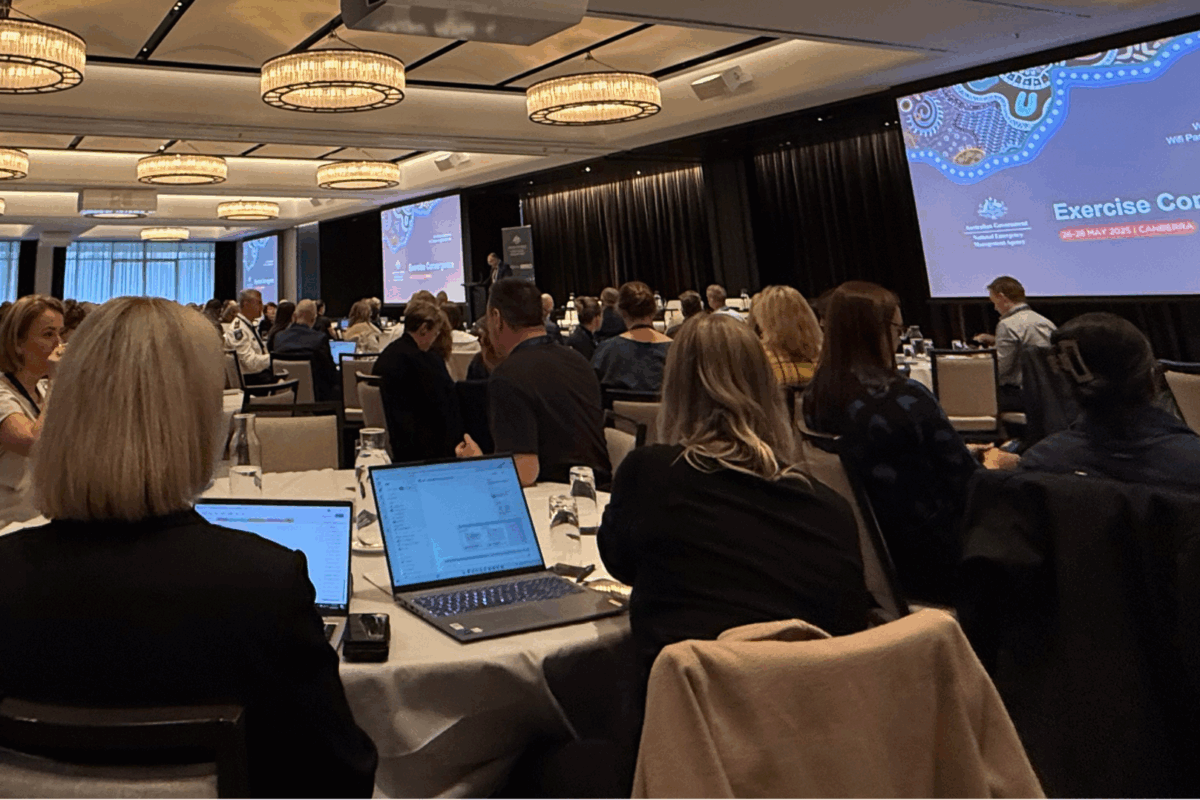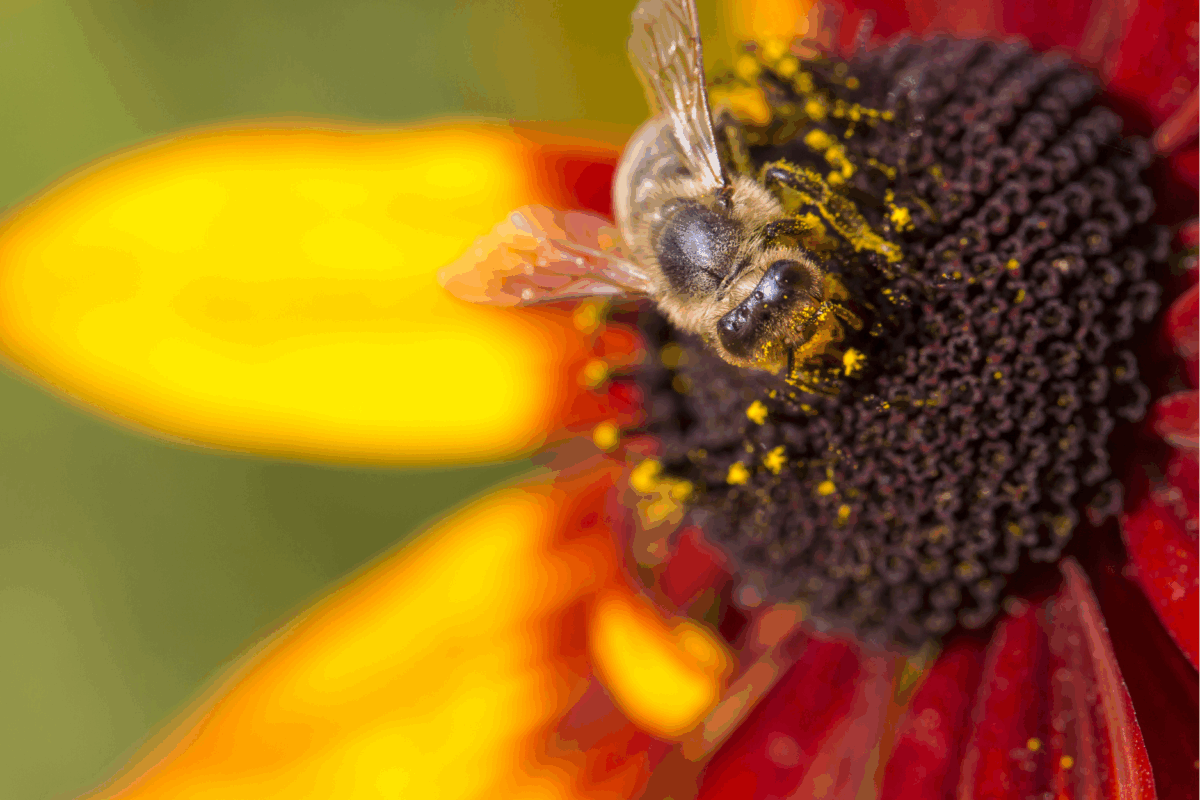A focus on Bee Biosecurity
Following the buzz of World Bee Day celebrations last month, we continued our bee focus with PHA’s Kathryn Pagler, Bee Biosecurity Project Officer, attending the 4th Honey Bee Congress and the 3rd Native Bee Conference that both took place in Sydney, New South Wales.
The 4th Honey Bee Congress took place from 8 – 11 June at the Rosehill Gardens Racecourse in Sydney. The event was hosted by the Australian Honey Bee Industry Council (AHBIC) and attended by commercial and hobby beekeepers, state and territory government representatives involved in bee biosecurity (including Bee Biosecurity Officers and Apiary Officers), honey bee researchers, and representatives from AgriFutures, Hort Innovation and Wheen Bee Foundation.
There were 53 sponsors and exhibitors, including AgriFutures Honey Bee and Pollination, Ecotrek, HiveIQ, Lockwood Beekeeping Supplies and Nuplas Apiarist Supplies.
The event looked at the latest approaches and science on keeping honey bees healthy and the future and sustainability of the beekeeping industry. Key topics included updates and findings on research and projects about bee biosecurity (including pest and disease management), honey bee biology, pollination resilience, climate impacts and the future of bees. There were also sessions on education, training, business building and diversification, and practical beekeeping including record keeping.
“It was exciting to meet many of the Bee Biosecurity Officers and Apiary Officers that I have been working with over the past year. I also met Hort Innovation’s Ashley Zamek who we collaborate with on the National Bee Pest Surveillance Program,” said Kathryn.
The 3rd Native Bee Conference took place from 11 – 12 June and was also hosted at the Rosehill Gardens Racecourse. The Australian Native Bee Association (ANBA) hosted the event and native bee beekeepers, native bee researchers and the Wheen Bee Foundation were in attendance.
Sponsors and exhibitors included AgriFutures, The University of Queensland, Bush Bees, Tabulam real honey, Aussie Bee, Propolis, Sugarbag Bees, Keeper & Hive, the Wheen Bee Foundation, and Hive Haven.
The conference featured industry updates and research project findings including bee biology and conservation, community engagement activities and programs, bee behaviour, crop pollination, and stingless bee management.
“I was able to meet a few native bee beekeepers and researchers as well as Ian Driver, president of the ANBA, who PHA has been working with over the last six months in the development of our Environmental Risk Mitigation Plan for Australian Native Bees and the biosecurity factsheets for native bees,” Kathryn said.
Kathryn provided delegates with the first hard copies of the native bee biosecurity factsheets that were developed by PHA and funded by the Department of Agriculture, Water and the Environment. Downloadable copies of these resources are now available on the PHA website.
